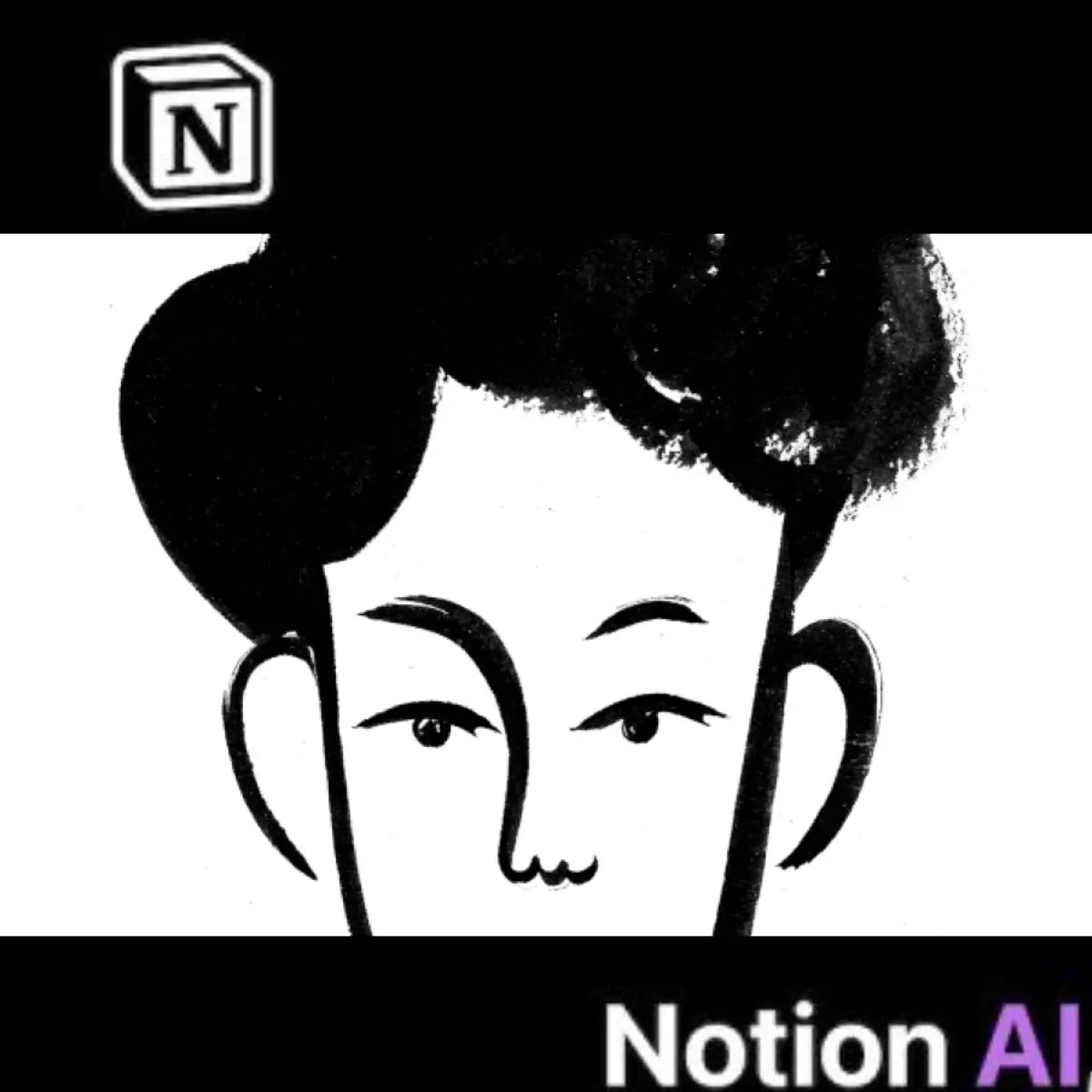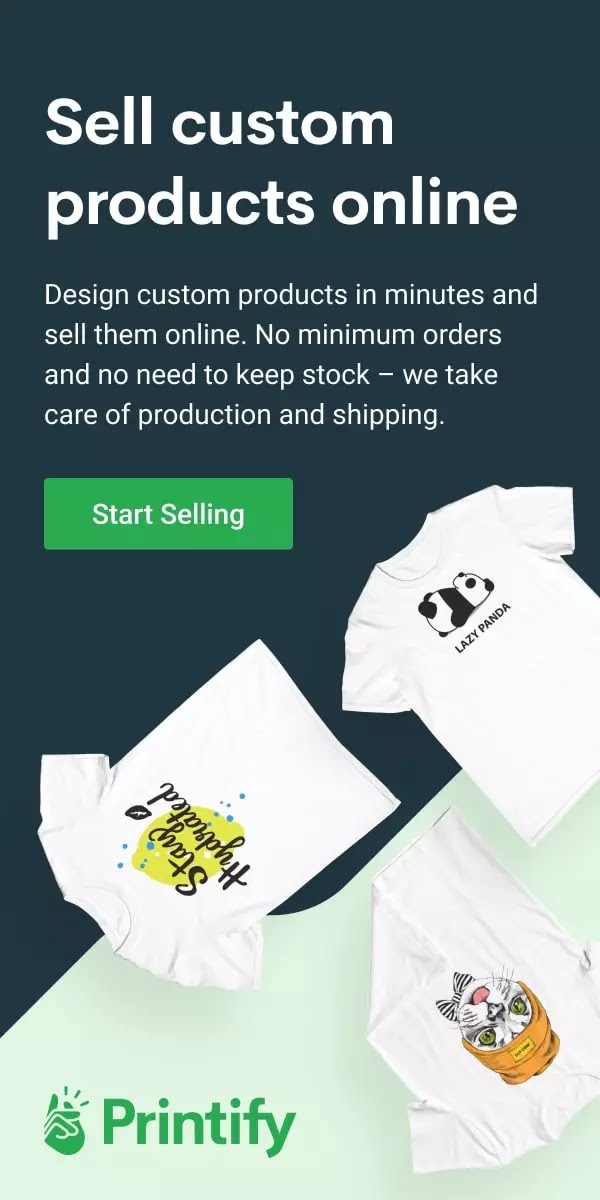Discover how NFTs are revolutionizing the world. NFTs, Non-Fungible Tokens, Art, Buying, Selling, Blockchain, Digital Assets, Collectibles, Crypto Art
N
on-fungible tokens (NFTs) have taken the world by storm. From digital art to
music and even tweets, NFTs have become a popular way to buy and sell unique
digital assets. But what exactly are NFTs? In this article, we'll explore
what NFTs are, how they work, and why they're important in today's digital
world.
What are NFTs and How Do They Work?
NFTs are blockchain-based digital assets that provide a unique and traceable history. They are created through the "minting" process, which involves uploading a digital asset, such as a piece of artwork, to a blockchain and creating a one-of-a-kind authentication. Once something has been minted with an NFT, a digital public record is recorded of the interaction. NFTs are unique digital assets that have their ownership represented on a blockchain network.
The History of NFTs
The concept of NFTs can be traced back to 2012 with the advent of launching the Colored Coins project on the Bitcoin network. Colored Coins were created by "coloring" small amounts of Bitcoin, which provided the creation of unique digital assets that could be purchased, sold, and traded via Bitcoin market. The first NFT project, Etheria, was launched in October 2015. However, NFTs became popular in 2017 when many unique NFT collections emerged on the foundations of the Ethereum blockchain.
The first NFT ever created was indeed "Quantum," which was minted by Kevin McCoy and Anil Dash in May 2014 on a decentralized name registration database called Namecoin. This NFT was created before the term "NFT" even existed, and it was not created on a dedicated NFT platform. Instead, it was minted using Namecoin's blockchain as a proof-of-concept for a new way of verifying ownership and authenticity of digital art.
Later, in 2017, a different version of "Quantum" was tokenized on the Counterparty platform, which was built on top of the Bitcoin blockchain. This version of "Quantum" was sold on the Rare Pepe Wallet marketplace.
More recently, in June of 2021, the original "Quantum" NFT created by Kevin McCoy and Anil Dash was sold for $1.4 million with fees at Sotheby’s auction Natively Digital: A Curated NFT Sale. The winning bidder was sillytuna, an anonymous NFT collector This sale cemented "Quantum" as an iconic piece of NFT history and demonstrated the growing market for digital art ownership and verification.
There are many interesting stories about NFTs. For example, an NFT of LeBron James making a historic dunk for the Lakers garnered more than $200,000. The band Kings of Leon released its new album in the form of an NFT. At the auction house Christie's, bids on an NFT by the artist Beeple reached into the millions. A digital artist collective called Rare Shoe launched the first-ever series of collectible NFT sneaker artworks.
Why Are NFTs Important?
NFTs provide a way for artists and creators to monetize their work in a way that was not possible before. They also provide a level of authenticity and provenance that is not possible with traditional digital assets. By using blockchain technology to create a unique digital identity, NFTs allow for ownership and provenance to be established in a way that is secure, transparent, and permanent.
NFTs make it possible to build markets around new types of transactions — buying and selling products that could never be sold before, or enabling transactions to happen in innovative ways that are more efficient and valuable. The conversion of a physical asset into a digital one can streamline processes, eliminate intermediaries, enhance supply chains and bolster security.
NFTs Around the World
NFTs are not yet regulated in many parts of the world including the USA, the UK, Singapore, South Korea, and Saudi Arabia.. In Australia, the regulatory status of NFTs is unclear. In Mainland China, cryptocurrencies are not allowed, but NFTs can still be sold and purchased. In the European Union, NFTs are not regulated yet. In France, NFTs are considered as intangible property. In Germany, NFTs are considered as digital assets. While there may not be specific regulations governing NFTs, they are still subject to existing laws and regulations, such as those governing securities, intellectual property, and taxes.
NFT Sciences
NFTs are created through a process called minting, in which the information of the NFT is recorded on a blockchain. At a high level, the minting process entails a new block being created, NFT information being validated by a validator, and the block being closed. Non-fungible tokens (NFTs) are assets that have been tokenized via a blockchain. They are assigned unique identification codes and metadata that distinguish them from other tokens. NFTs can be traded and exchanged for money, cryptocurrencies, or other NFTs—it all depends on the value the market and owners have placed on them.
Blockchain is a digital ledger of transactions that is distributed across a network of computers. Each block in the chain contains several transactions, and every time a new transaction occurs on the blockchain, a record of that transaction is added to every participant's ledger. This makes it difficult to tamper with or alter previous transactions because doing so would require changing all subsequent blocks.
However, it is not mandatory to understand blockchain technology to buy NFTs. But it is important to do proper research before investing in NFTs. You can use various tools to help you choose which NFTs to buy. Some of these tools include rarity.tools and online forums. You can also consider the scarcity, longevity, desirability, the number of resellers, additional value (any utility), and its blockchain when choosing an NFT.
NFT Artists
There are many popular artists who make NFTs. Some of them include Trevor Jones, Pak, Mad Dog Jones, and Krista Kim.
Fiverr NFT sellers create NFTs for their clients. They offer services such as designing NFT art and generating collections with metadata. Fiverr NFT sellers are not validators. Validators are responsible for verifying transactions on a blockchain network.
NFTs provide a new revenue model for artists by letting them sell pictures, videos, and other digital assets as online collectibles or fine art. They also can act as fundraising tools.
Validating NFTs
To validate an NFT's authenticity, you can use a blockchain explorer. Blockchain Explorer is an online blockchain browser that presents details of all transactions that have taken place on a blockchain network. Etherscan.io can help you validate the NFT. You can also try a verification platform. These networks enable you to check the status and other vital details about your NFT in a permissionless manner.
Buying and Selling NFTs
The price of an ordinary NFT varies depending on the artist and platform. The most expensive NFT ever sold was EVERYDAYS: THE FIRST 5000 DAYS by Mike "Beeple" Winkelmann which sold for $69.3 million at Christie's. The second-highest bidder on the piece was Tron CEO and founder Justin Sun.
If you're looking to buy or sell NFTs, there are many reliable marketplaces available. These marketplaces have established themselves as trustworthy platforms for buying and selling NFTs. Some of the most popular ones include OpenSea, Rarible, SuperRare, and Nifty Gateway. However, before you dive into the world of NFTs, there are a few things to keep in mind.
Understanding the Market
There are several ways to sell NFTs and profit from them. One of the most common methods is to flip them by buying an NFT and quickly selling it for a profit after the market increases in value. Another way is to invest in assets short and long-term. You can also sell utility items, trade your NFT for another asset, or stake your NFT for passive income.
Like any investment, it's important to understand the market before buying and selling NFTs. It's important to research and understand the value of the NFT you're interested in, as well as the current trends and patterns of the market. This will help you make informed decisions and minimize the risk of losing money.
NFT Forums
Some of the popular online forums for NFTs include Qoska Forum and NFTs World. Discord is a popular platform for NFT communities where you can find new projects and collaborations. However, Discord users have been revolting over NFTs and crypto.
Choosing the Right Platform
The marketplace where you bought your NFT may have a built-in selling feature. For example, Rarible takes 2.5% on both the buyer and seller side from every sale made on the marketplace.
When choosing a marketplace to buy or sell NFTs, it's important to consider factors such as fees, user interface, and reputation. Each platform has its own fees for listing and selling NFTs, so it's important to factor these into your decision. Additionally, it's important to choose a platform with a user-friendly interface that makes it easy to navigate and list your NFTs.
Ensuring Authenticity
One of the biggest concerns in the NFT market is ensuring authenticity. It's important to verify the authenticity of an NFT before buying it. This can be done by checking the creator's identity and verifying the transaction on the blockchain. Additionally, it's important to be aware of scams and fraud in the market, and to only buy from reputable sellers.
Storing Your NFTs
Once you've bought your NFT, it's important to store it in a safe and secure location. NFTs are stored on the blockchain, but you'll need a digital wallet to access and manage them. It's important to choose a reliable and secure wallet that will keep your NFTs safe.
Conclusion
NFT buyers are unlike traditional investors who seek an expected return over a set period of time. They don't buy things for material value. NFTs allow the buyer to own the original item and contain built-in authentication, which serves as proof of ownership. Collectors value those "digital bragging rights" almost more than the item itself.
In conclusion, buying and selling NFTs can be a lucrative investment opportunity, but it's important to do your research and take precautions to ensure a positive experience. By understanding the market, choosing the right platform, verifying authenticity, and storing your NFTs securely, you can minimize risks and maximize your profits.




.webp)
.webp)


























COMMENTS